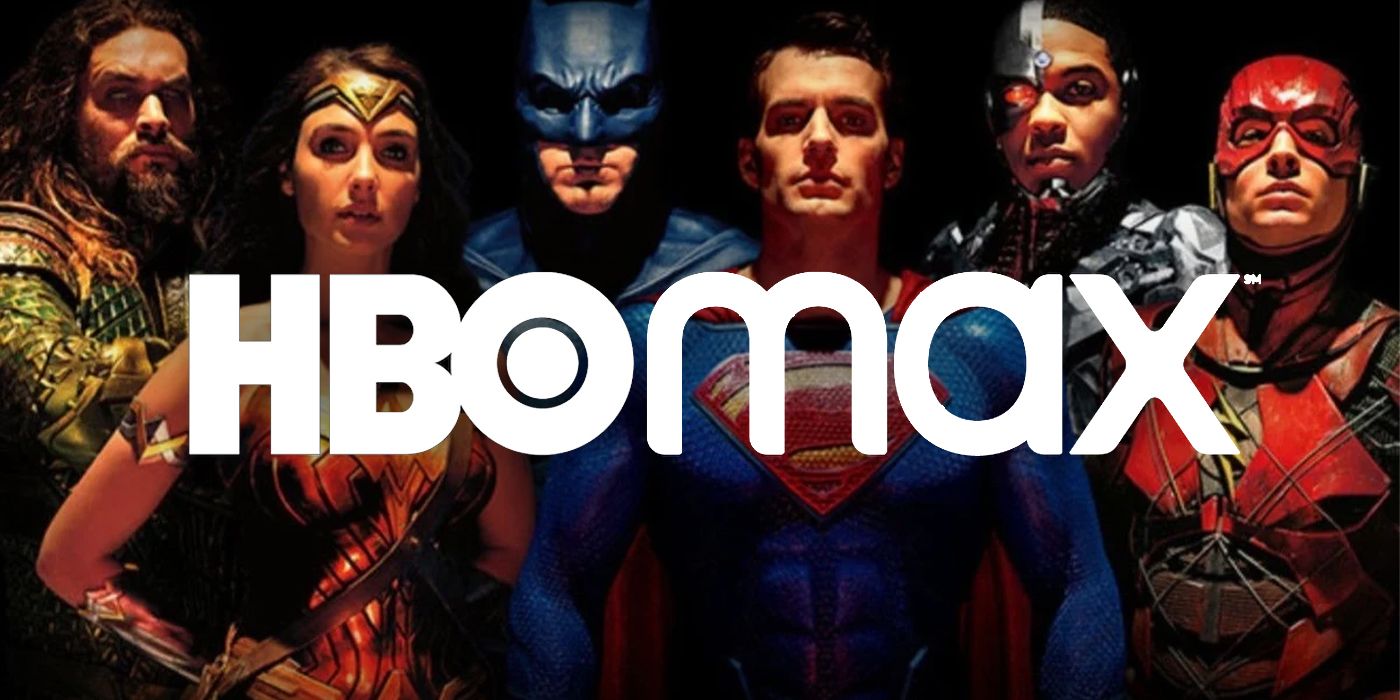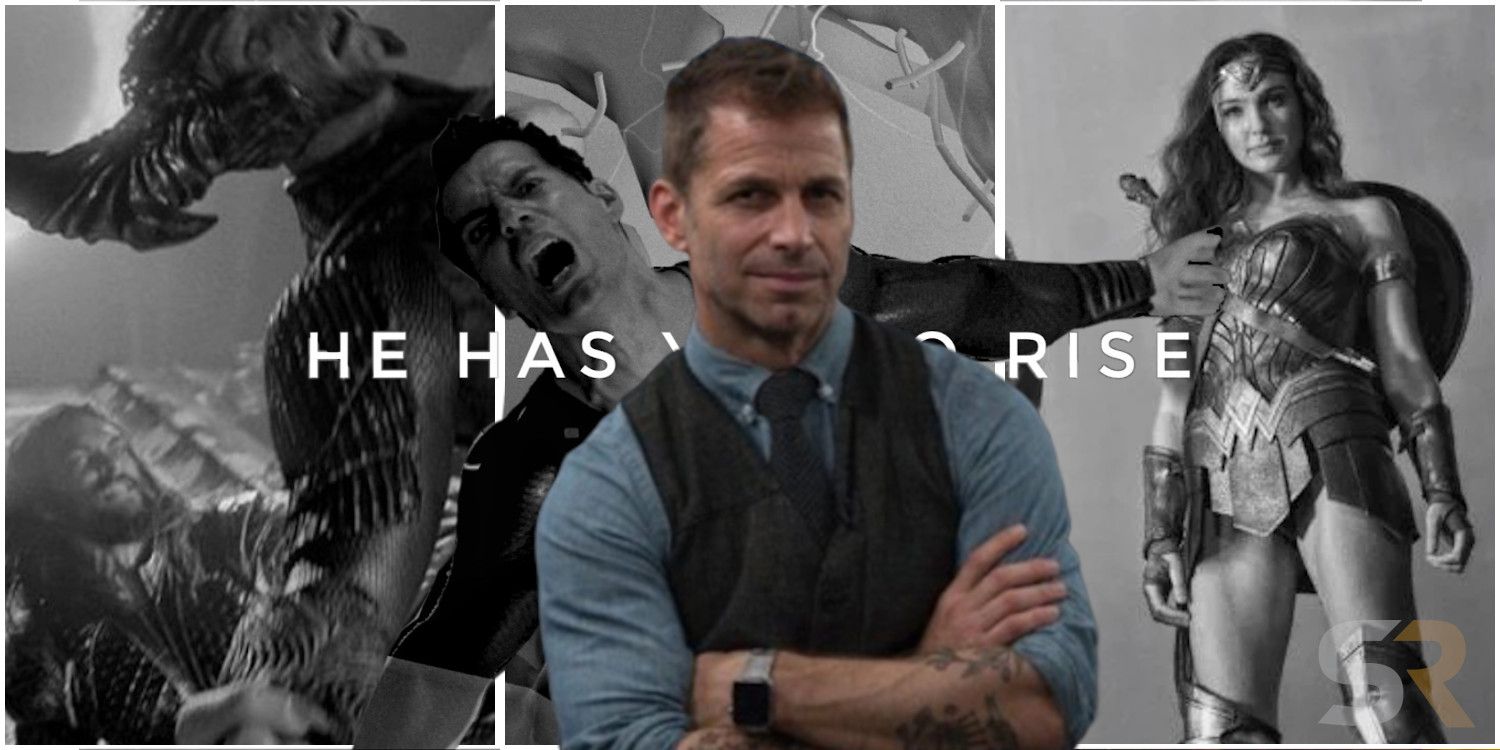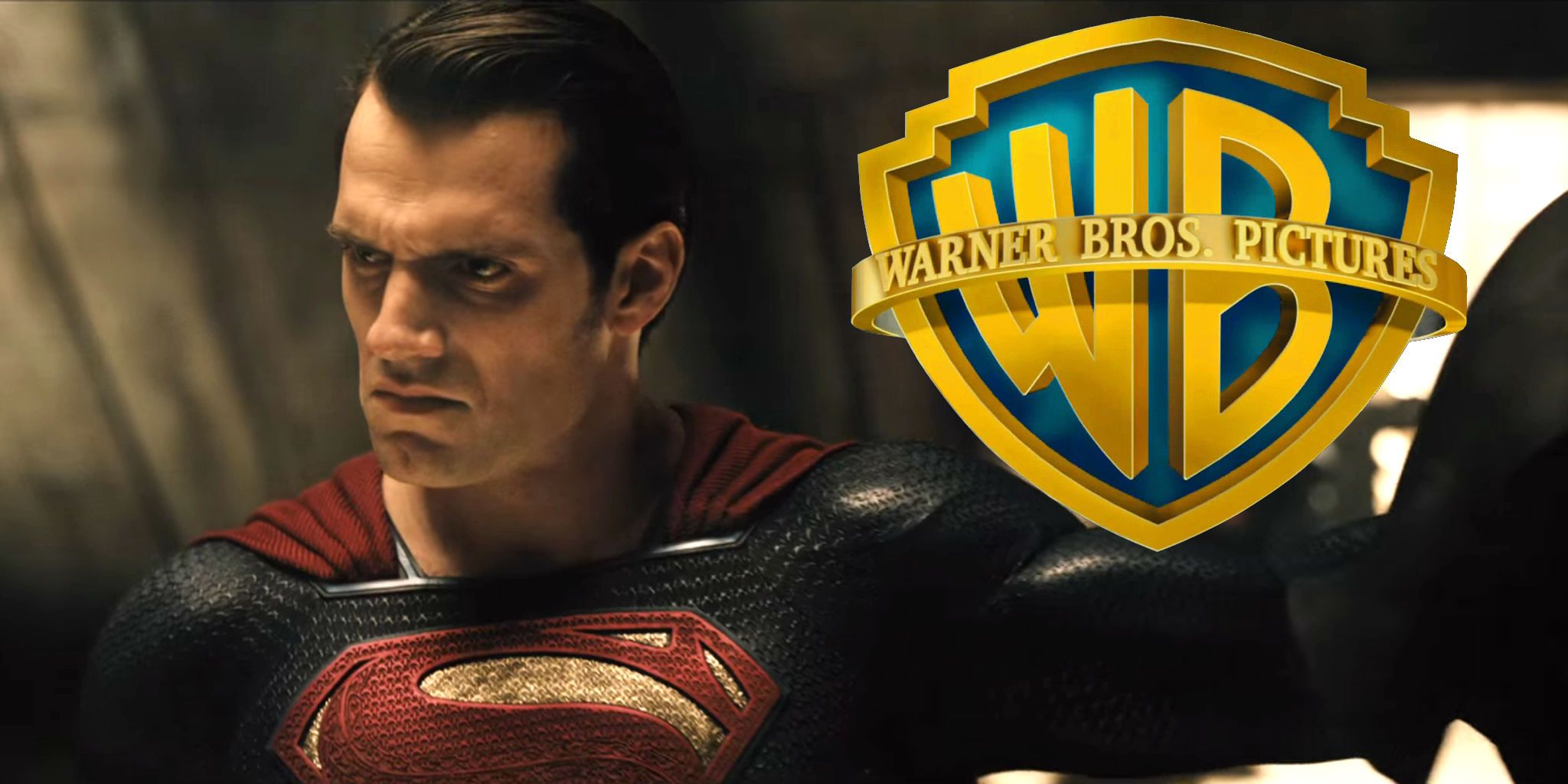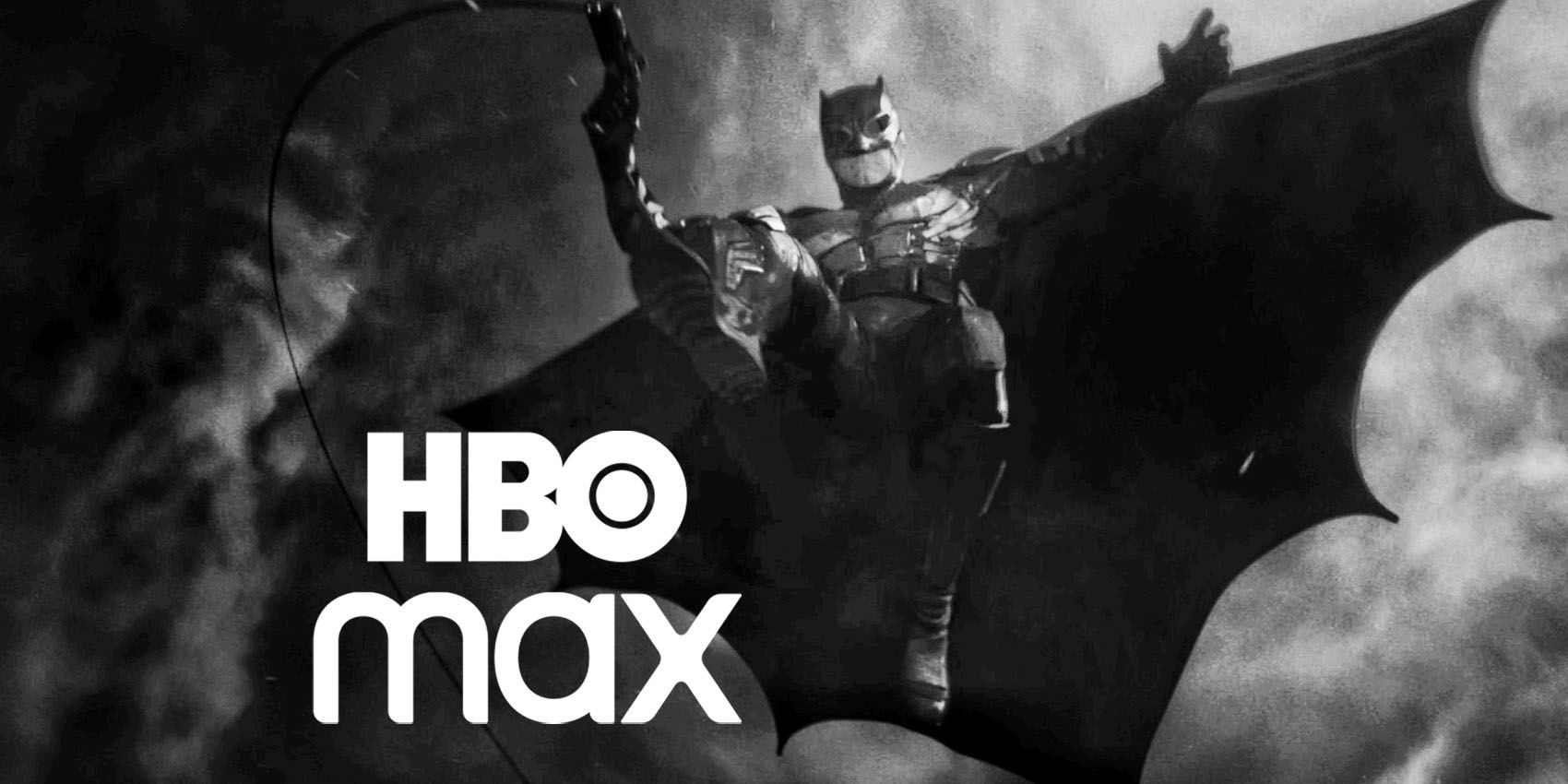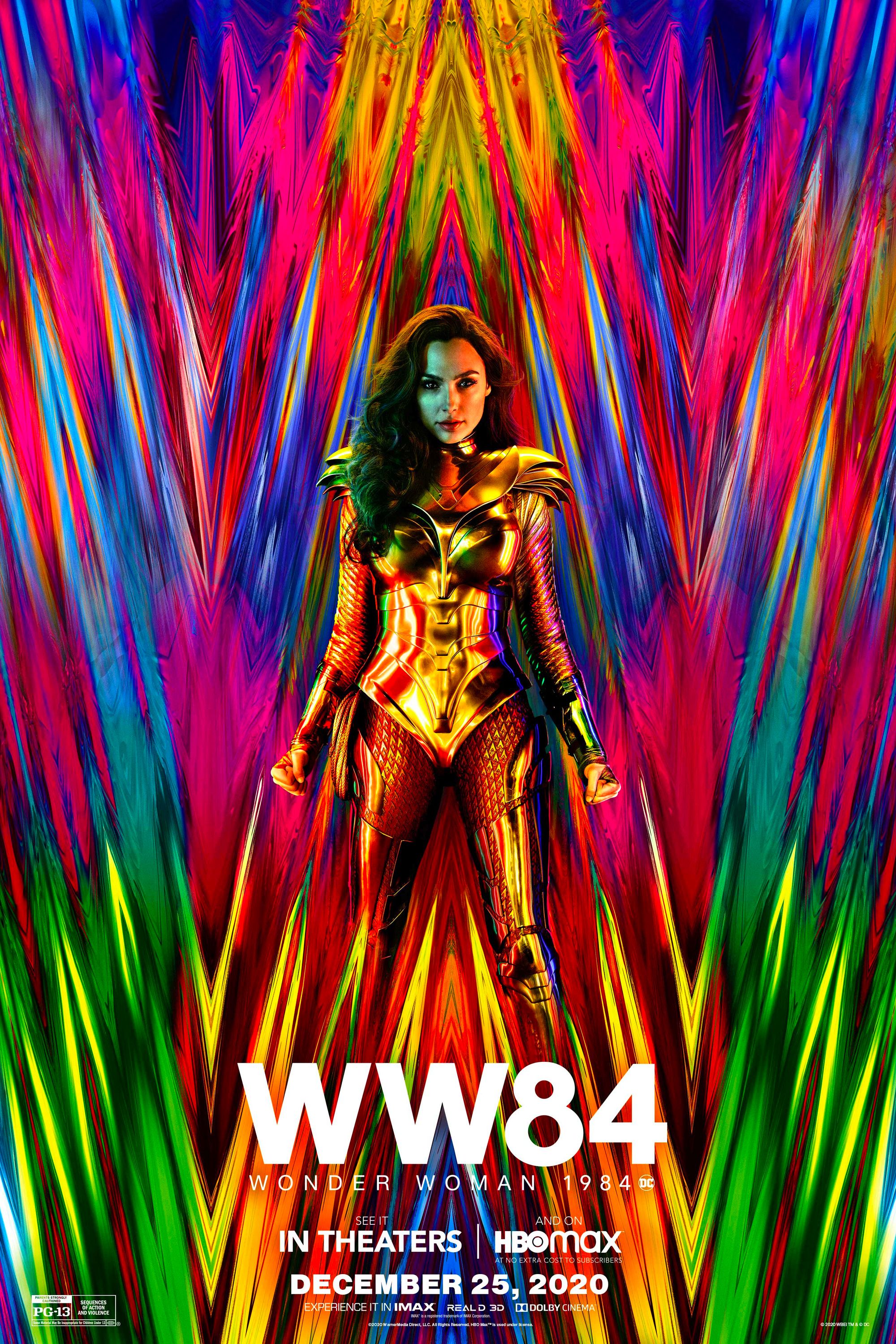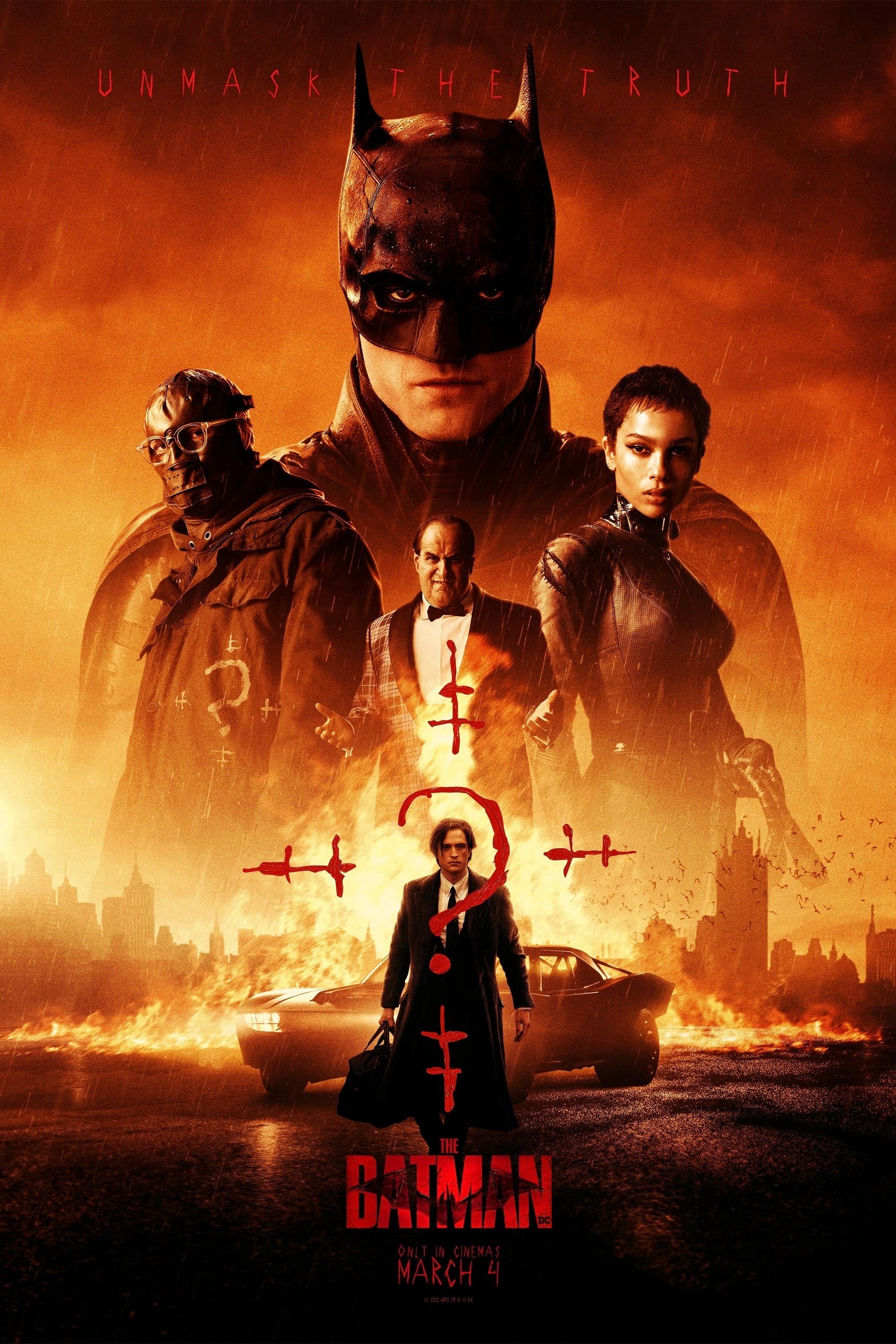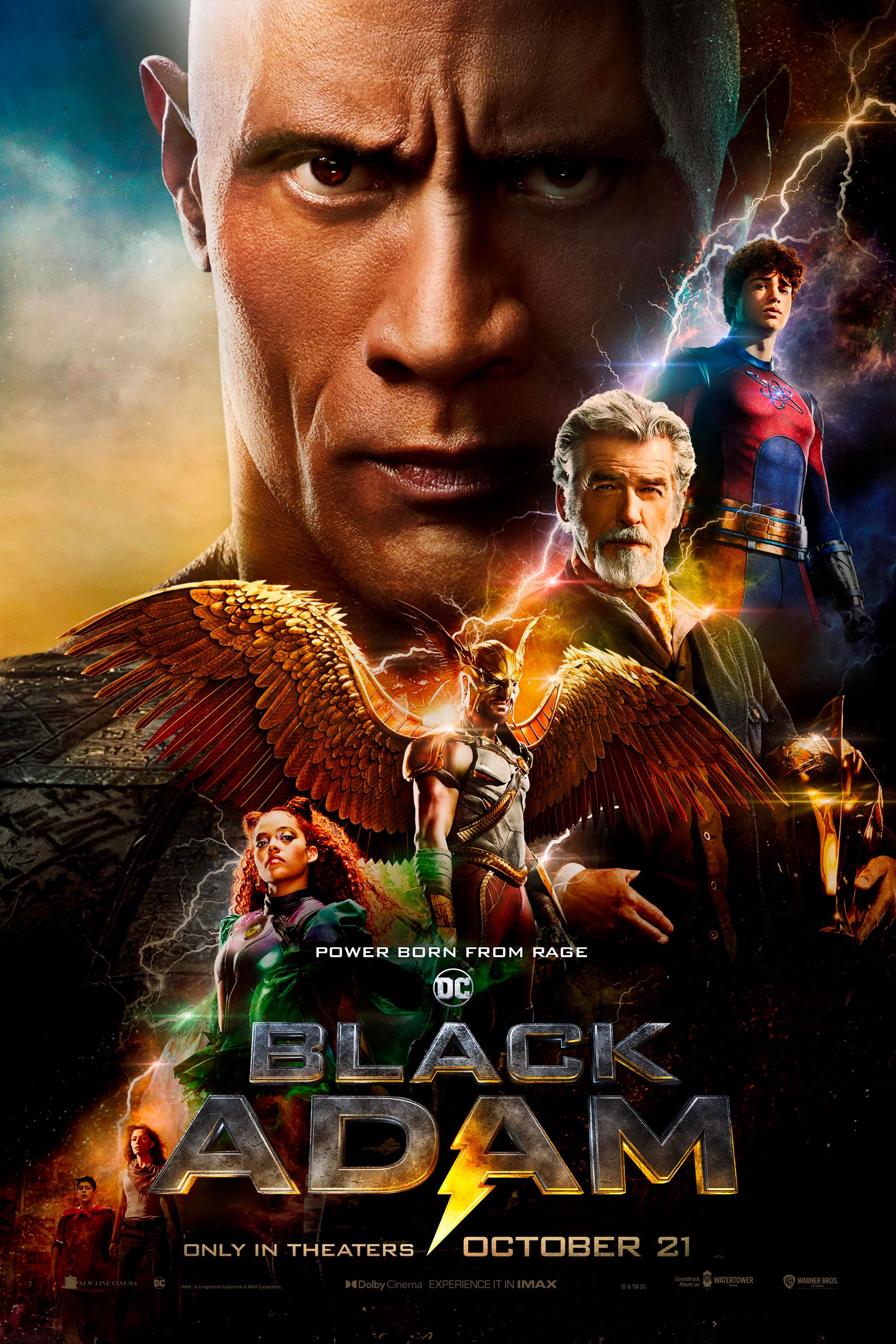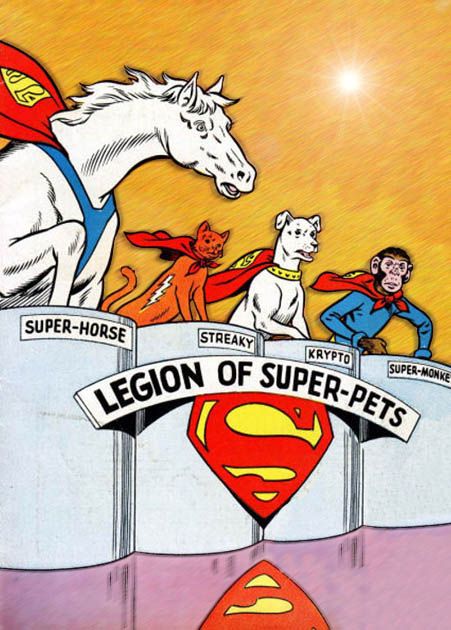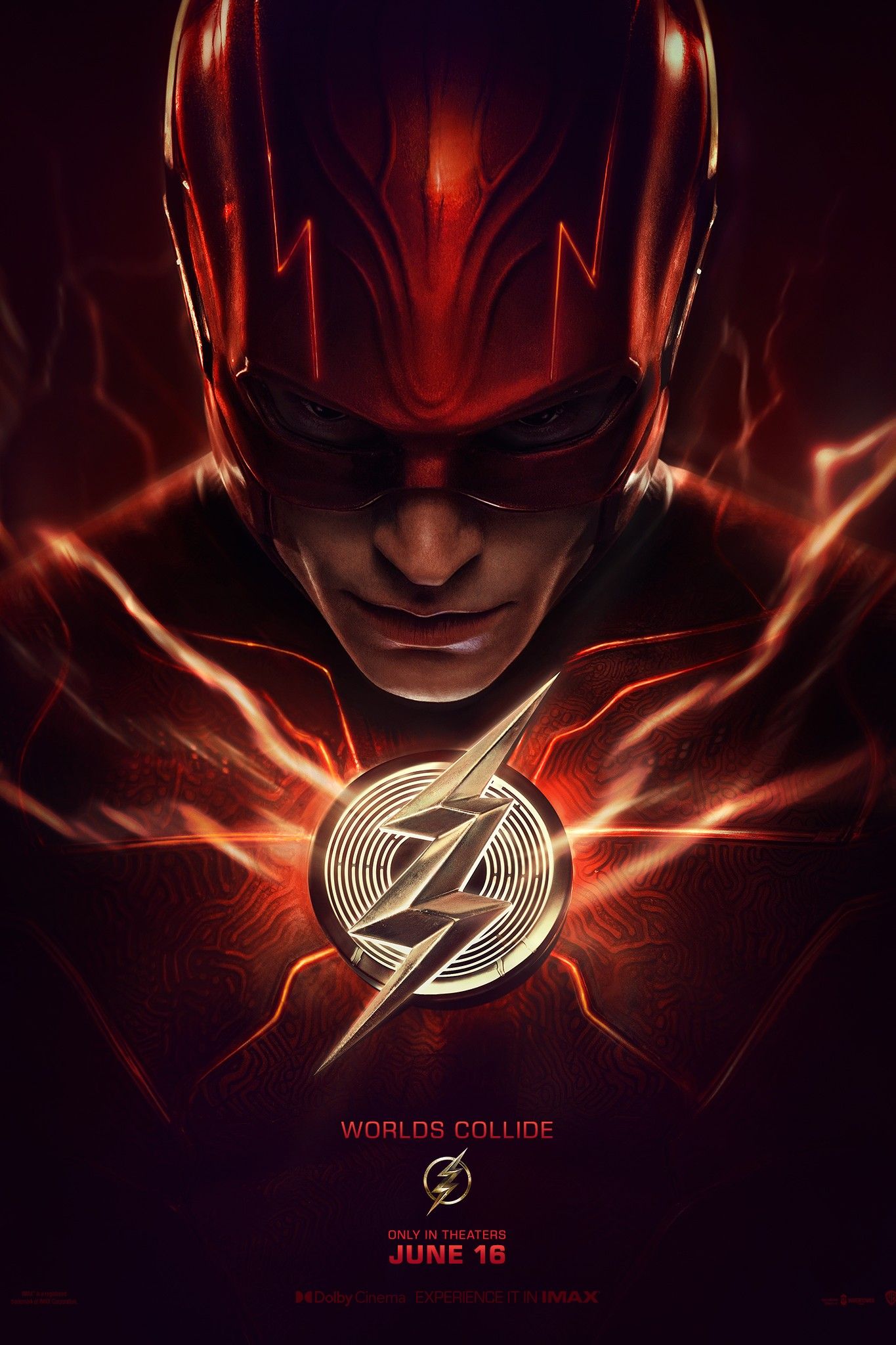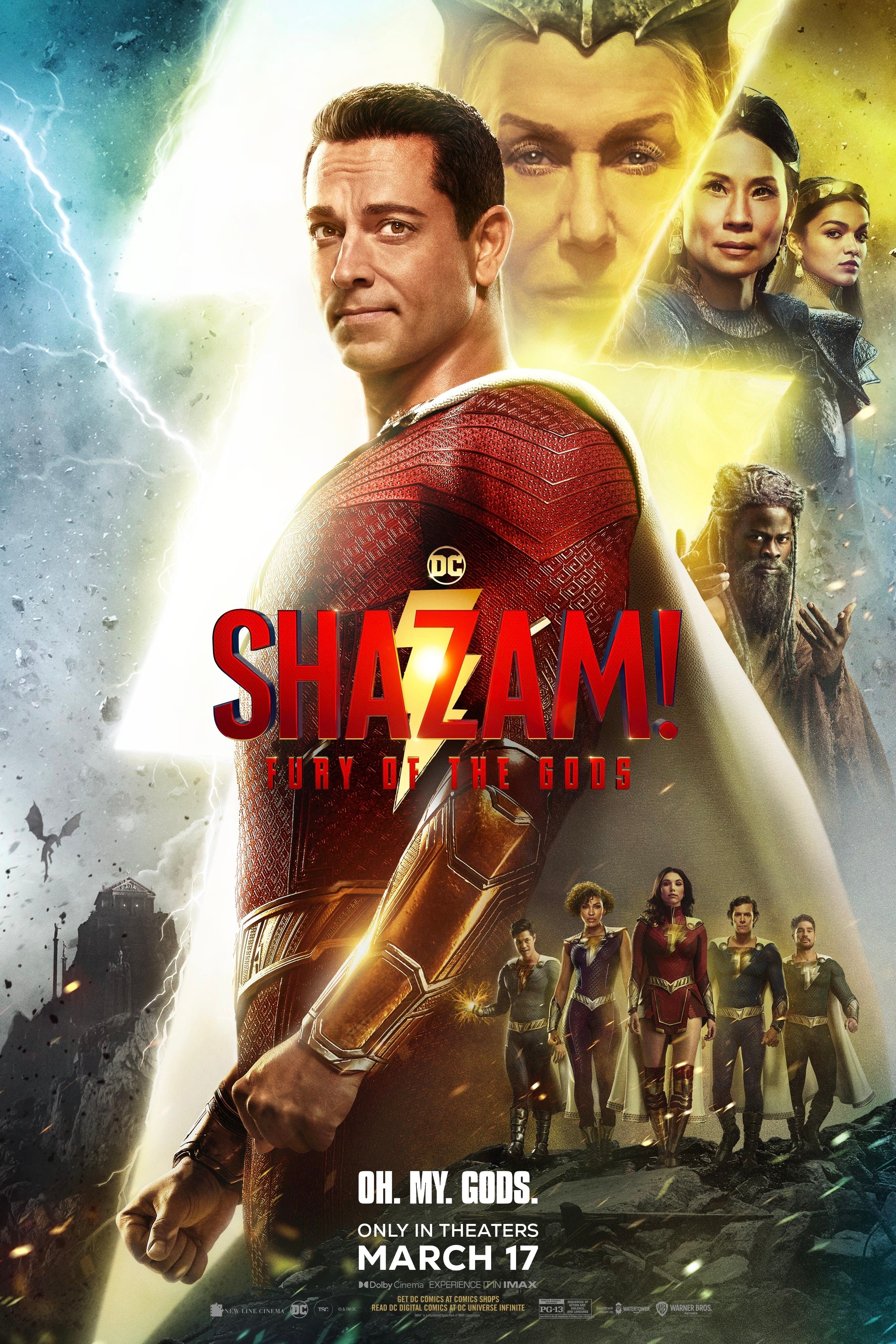It's official: the Justice League Snyder Cut is getting released, thanks to HBO Max; however, the movie is certainly not what DC wanted. In the days leading up to the streaming platform's May 27, 2020 release, the WarnerMedia Entertainment has been steadily building buzz for HBO Max. Snyder Cut rumors have increasingly been a key part of this marketing strategy — there was even a Justice League HBO Max billboard put up in Los Angeles, hinting at the possibility of the platform releasing Snyder's long-awaited vision for the property. Snyder himself has confirmed that his vision for the superhero team-up is getting an official release on HBO Max in 2021.
HBO is no stranger to (re)adapting DC comics material; not only is HBO Max home to the upcoming Green Lantern series, which looks to capture the spark the 2011 movie lacked, but the channel also offered a critically-acclaimed limited series adaptation of the beloved graphic novel Watchmen in 2019 — a property that was previously adapted for film by Snyder himself in 2009.
While DC fans are rejoicing at the prospect of a Justice League do-over, DC is certainly not happy with the move. The choice to spend anywhere from $20 to $30 million to complete the Snyder Cut — and air it on a streaming platform — is not only an unprecedented move for the industry, but is also a back-handed message to the DCEU's leadership team that threatens to undermine the entire franchise. The decision may make sense from a marketing perspective, but socially, producing and releasing the Snyder Cut for HBO Max affirms the growing public disapproval of Whedon's involvement in the project, and is therefore an implicit condemnation of the DCEU's direction since Snyder left in 2017.
Zack Snyder's Justice League Isn't A Usual Director's Cut
Snyder's Justice League isn't a usual director's cut, which is why its release on HBO Max is a damning move for the DCEU. Since its release in 2017, Justice League has been mired in production issues. Snyder left Justice League due to a personal tragedy, prompting Warner Bros. to hand the project over to Joss Whedon's leadership. To date, Snyder holds sole directorial credit for the movie, despite Whedon's extensive (and controversial) rewrites and reshoots; however, because the final product was so distinct from Snyder's reported "original vision" for Justice League, this move is more than just the release of a director's intended version of a film: it's a whole new movie.
Whereas the typical "director's cut" is an extended version of the theatrical release that includes previously-cut footage, the black adamblack. Since Snyder didn't return to work on the theatrical cut after he left, the first is really a hybrid movie; Snyder may have directing credit, but the end result was clearly more Whedon's vision. The Snyder Cut is thus changing the movie: it not only is restoring the cut content, but is removing the content Whedon added. For years, Snyder fans have speculated about the story Justice League could have told, and Snyder's own promotion of the Snyder Cut indicates the director plans to do more than just make the theatrical version longer; clearly, HBO Max's Snyder Cut has a lot to live up to.
DC Didn't Want Zack Snyder's Justice League
The decision to hand over Justice League to Whedon followed the divisive response to Snyder's previous DCEU entries Man of Steel and Batman V Superman: Dawn of Justice. It was no real surprise, then, that Whedon, who had great success writing and directing Marvel's Avengers movies, opted to re-write and reshoot the movie. Given Snyder's track record at the time, Warner Bros. supported this new course of action; in fact, Geoff Johns, who was then co-running the DC Films division, had previously indicated that the DCEU would change to impart more optimism on its characters following the success of Wonder Woman, and Whedon was already involved in Justice League prior to Snyder's departure.
Further complicating the matter is the reports that Justice League suffered script issues long before Whedon took over. The poor performance of BvS led Warner Bros. to push for script revisions while production was already underway. Various parties were involved in the writing process, with Johns reportedly spearheading an effort to revise the movie while it was being made — Warner Bros. was even said to have held a "footage summit" to get feedback from outside writers because the executive team was so dissatisfied with Snyder's work.
Based on the production history alone, Warner Bros. never wanted Snyder's version of Justice League to be released. The executives meddled with the project before Snyder stepped down, and then used his exit to produce the movie they wanted — all while avoiding delaying Justice League's release. Furthermore, HBO Max releasing the Snyder Cut is going to complicate, and potentially undermine, the current DCEU plans — especially in regards to continuity. Online discussions are already raising questions about what is and isn't canon once the Snyder Cut goes public.
HBO Max Is Different To Warner Bros. Pictures
Although Warner Bros. and HBO Max are owned by the same corporate entity, and HBO has a history of DC productions, the two are actually different arms of WarnerMedia. The conglomerate owns various entertainment assets, such as Turner, Cinemax, and HBO, that are actually under its WarnerMedia Entertainment branch, distinct from Warner Bros. Entertainment Inc. DC Films is a subsidiary of Warner Bros. specifically; HBO Max's release of the Snyder Cut is thus coming from a different section of the company than the rest of the DCEU.
What sort of complications the Snyder Cut will raise in regards to ownership rights and canon within WarnerMedia — if any — is, at this point, unknown; however, the decision to essentially remake a movie produced by one arm of a company by another, separate, division is an unprecedented move that is sure to have future repercussions for the entertainment industry. In this age of mass-media conglomerates like Disney and WarnerMedia owning Hollywood's major IPs, these sorts of rights complications are sure to continue. If the Snyder Cut proves to be a financial success for HBO Max — and the public's response to the news certainly suggests it will be — this could open the door for further remakes down the line. Could the recent Star Wars or Terminator movies get their own versions of the Snyder Cut? Only time will tell.

